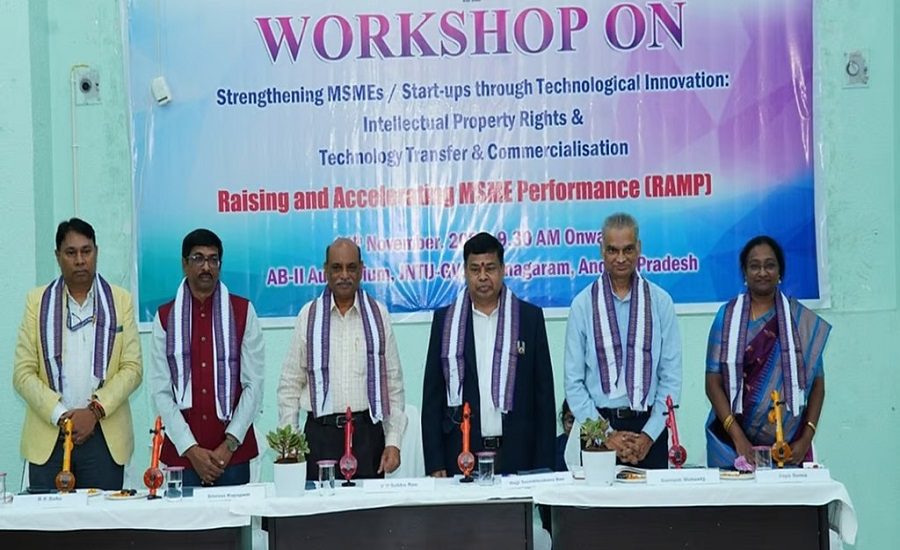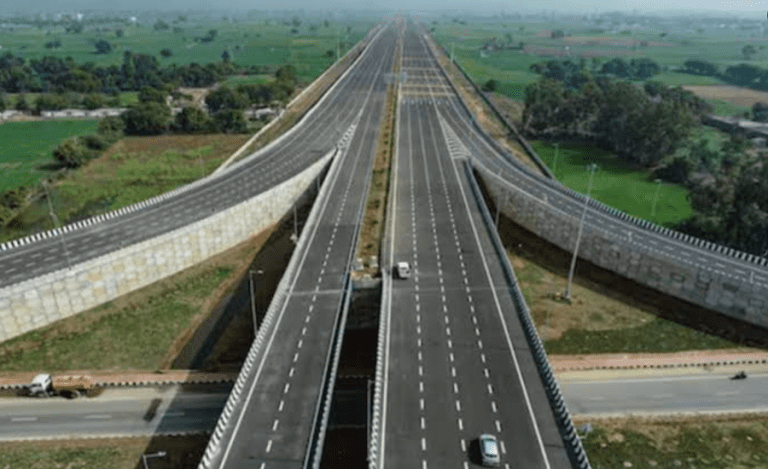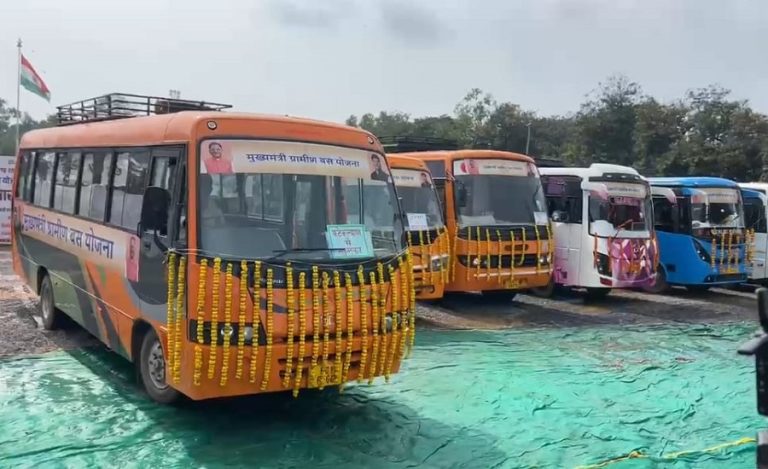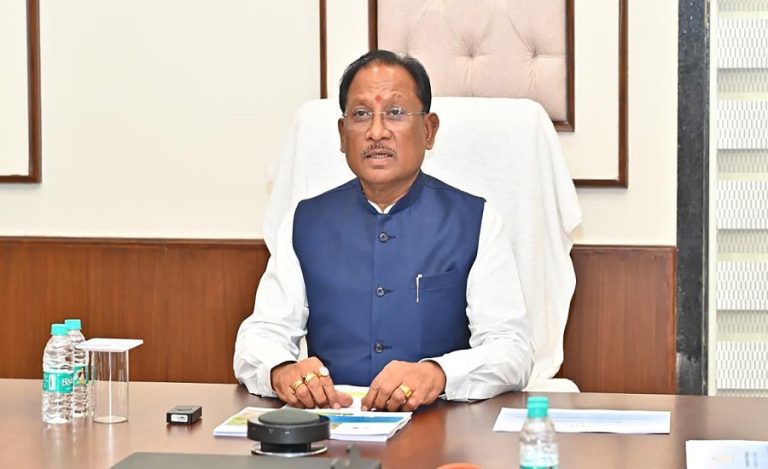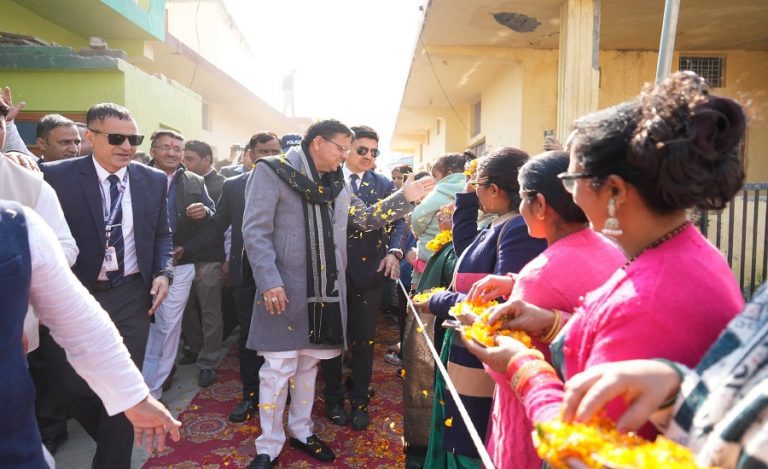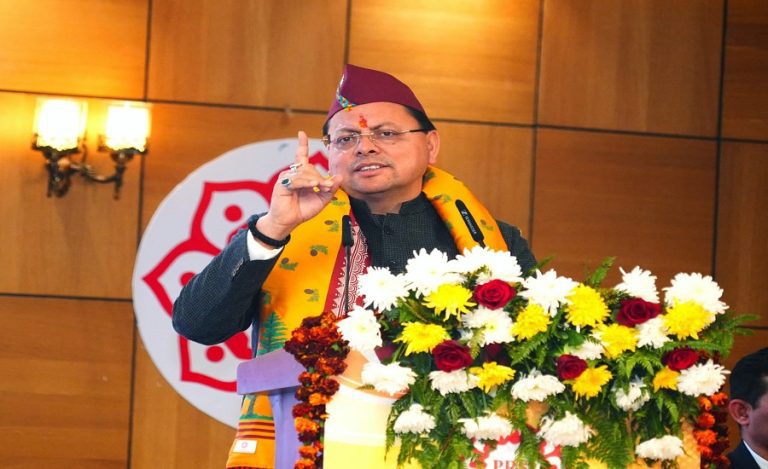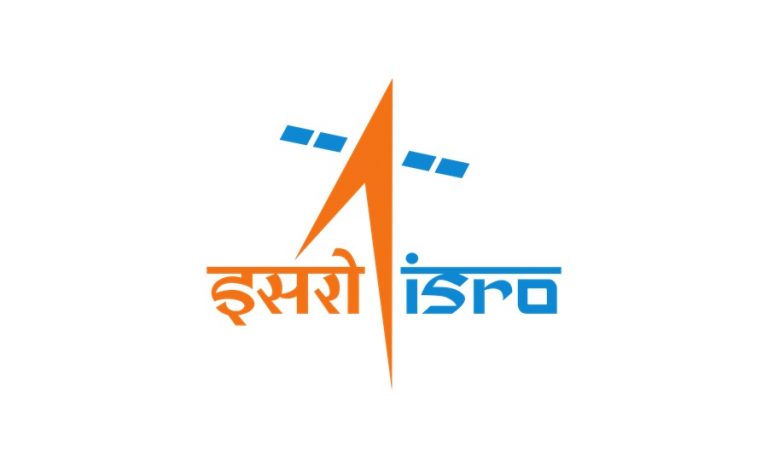Vizianagaram: The National Research Development Corporation (NRDC), in collaboration with the Andhra Pradesh MSME Development Corporation (APMSME DC) and Jawaharlal Nehru Technological University – Gurajada Vizianagaram (JNTU–GV), successfully organized a workshop on “Strengthening MSMEs/Startups through Technological Innovation: Intellectual Property Rights & Technology Transfer & Commercialisation” under the Raising and Accelerating MSME Performance (RAMP) initiative at JNTU–GV, Vizianagaram.
The workshop aimed to empower MSMEs, startups, and budding entrepreneurs by promoting awareness of Intellectual Property Rights (IPRs), fostering innovation and technology adoption, and strengthening linkages between research institutions and industries to accelerate technology diffusion and commercialization.
University and NRDC Leadership Emphasize Innovation and Collaboration
Welcoming the dignitaries, Professor Jaya Suma, Registrar, JNTU–GV, reaffirmed the university’s commitment to driving innovation and research through collaborations with national institutions like NRDC.
Dr. B.K. Sahu, Senior Regional Manager & Head – Outreach Offices, NRDC, highlighted the corporation’s mandate to facilitate technology transfer, strengthen India’s innovation ecosystem, and bridge the gap between laboratories and industries.
Dr. Majji Sashibhushana Rao, Director, Satya Group of Educational Institutions, emphasized nurturing entrepreneurial mindsets and fostering academia–industry partnerships for sustainable development. Srinivas Kapaganti, President, Vizianagaram Chamber of Commerce, called upon MSMEs to embrace innovation and IPRs to enhance competitiveness, aligning with the Andhra Pradesh government’s vision of “One family, One entrepreneur.”
The Keynote Address was delivered by Prof. V.V. Subba Rao, Vice-Chancellor, JNTU–GV, who stressed the critical role of innovation and intellectual property in driving MSME competitiveness and sustainability. Commodore Amit Rastogi (Retd.), Chairman and Managing Director, NRDC, delivered the Inaugural Address virtually, highlighting NRDC’s role as a national catalyst in promoting innovation-driven growth, technology transfer, and commercialization of indigenous research.
Read also: NRDC Boosts Commercialization and Validation of Indigenous Diagnostic Technologies in India
Technical Sessions Promote IP Awareness and Commercialization
The workshop featured several technical sessions by industry and IP experts:
- Dr. Santosh Mohanty, Former Senior Vice President (Technology & IP), TCS, spoke on “Building a Patent Portfolio: Strategies for Innovation-driven MSMEs & Startups,” highlighting patents as strategic business assets.
- Dr. B.K. Sahu discussed “Driving Technological Innovation & Commercialization in MSMEs: NRDC in Connecting Lab to Industry.”
- Preethi Niharika, NRDC, showcased “Industry-Centric Innovative Technologies Available for Commercialization”, covering sectors such as food, engineering, agriculture, energy, and healthcare.
- Sudha, NRDC, provided insights in “Introduction to IPRs and Other Value-added Services”, emphasizing integration of IP strategies into business planning.
The workshop concluded with a “Way Forward and Vote of Thanks” delivered by Ms. Preethi Niharika.
IP and Technology Transfer Clinic Empowers Entrepreneurs
In the afternoon, NRDC officials facilitated a one-on-one IP and Technology Transfer Clinic, guiding MSMEs, startups, and entrepreneurs on IP filing, technology licensing, and commercialization pathways.
The event saw active participation from over 100 MSME representatives, local entrepreneurs, researchers, and students, reflecting a growing momentum for innovation-led, technology-driven enterprise development in Andhra Pradesh.
About NRDC
The National Research Development Corporation (NRDC) is a government-backed organization under the Department of Scientific and Industrial Research (DSIR), dedicated to promoting innovation and facilitating technology transfer in India. NRDC supports startups, MSMEs, and research institutions by commercializing indigenous technologies, protecting intellectual property, and bridging the gap between laboratories and industry, thereby strengthening the nation’s innovation ecosystem.

